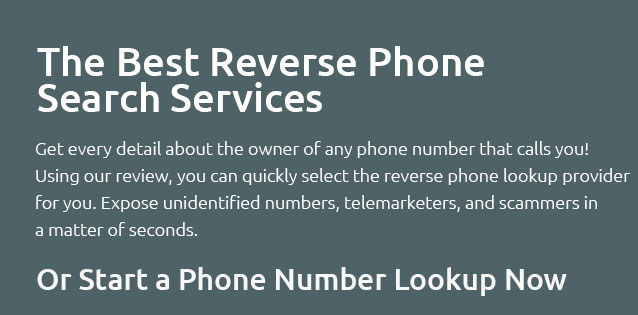 |
 |
|---|
 |
 |
|---|---|
|
|
 |
|
|---|---|
 |
|
 |
|
 |
 |
|---|---|
 |
|
Exploring Reverse Address Search: Common Mistakes to AvoidIn today's digital age, where information is just a click away, reverse address search has emerged as a powerful tool for individuals and businesses alike. At its core, a reverse address search allows you to input a specific location, such as a residential or commercial address, to obtain details about the occupants or the property itself. While this technology can be immensely beneficial, it also comes with its own set of pitfalls that users should be cautious of. First and foremost, it is essential to understand the legal implications associated with using reverse address search services. Many users unknowingly cross ethical boundaries, assuming that all information retrieved is free to use for any purpose. However, this is far from the truth. Privacy laws vary significantly across different regions, and misusing personal data can lead to severe legal consequences. It's crucial to familiarize yourself with the local regulations to ensure that your actions remain within the legal framework. Another common mistake is relying too heavily on the accuracy of the information provided by these services. While the data aggregation technologies used are advanced, they are not infallible. Errors can occur due to outdated records or incorrect data input at the source. Users should approach the results with a degree of skepticism and cross-verify with multiple sources before making any decisions based on the findings. This is especially important for businesses that use these searches for background checks or due diligence processes. A single incorrect piece of information could lead to unjust decisions, potentially affecting lives or business operations. Furthermore, in the quest for information, users often overlook the importance of using reputable services. The internet is rife with websites promising comprehensive reverse address searches, but not all of them deliver on their promises. Many of these platforms operate on outdated databases or offer limited information, leading to incomplete or inaccurate results. It's advisable to invest in a well-reviewed, credible service provider even if it comes at a higher cost. In the long run, the reliability and depth of information will outweigh the initial expense. When performing a reverse address search, users should also be wary of their personal data security. In the excitement of discovering new information, it is easy to forget that the tables can quickly turn. By using these services, you may inadvertently share your own data, which could be stored or sold without your consent. Always check the privacy policies and terms of service to understand how your information will be handled. Opt for services that prioritize user privacy and employ robust data protection measures. In conclusion, while reverse address search can be an invaluable resource for both personal and professional use, it is paramount to navigate this tool with caution. By being aware of the legal boundaries, verifying the accuracy of data, choosing reputable providers, and safeguarding personal information, users can leverage the benefits of reverse address search without falling into common traps. The key is to remain informed, vigilant, and respectful of privacy, thereby ensuring that the advantages of this technology can be harnessed responsibly and effectively. https://www.truthfinder.com/infomania/who-lives-at-this-address/
One way to use it is to search by name, but you can also do a reverse street address lookup even it you don't know the name. Given nothing but a ... https://www.reddit.com/r/OSINT/comments/rcnokl/whats_the_best_reverseaddress_look_up_toolplatform/
I am wanting to know who exactly lives in a unit that's 2 doors away from mine. I've tried Whitepages, but it's outdated and Spokeo* lists the property owner.
|
|---|